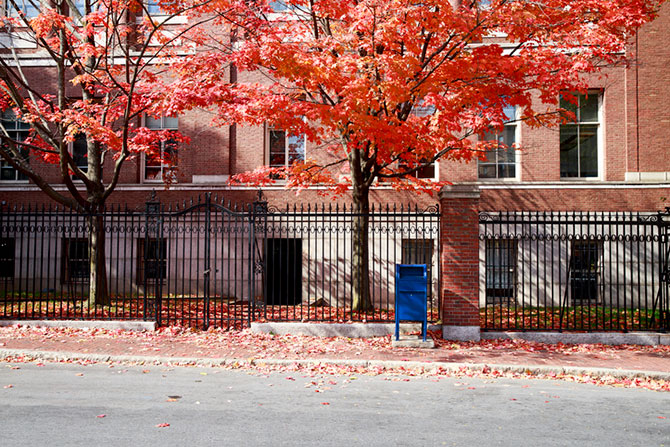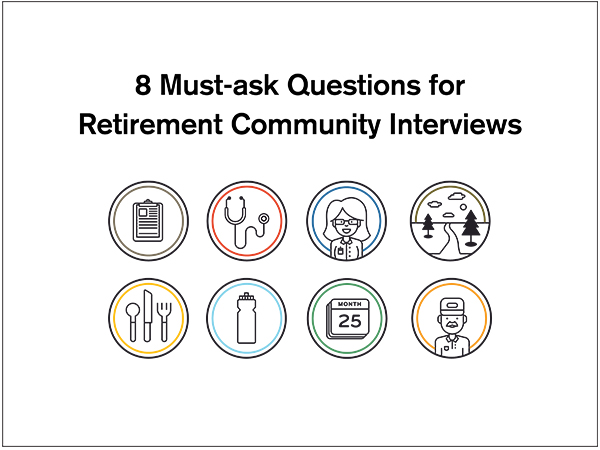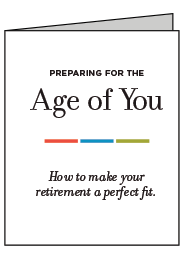I had no recourse except to send an email. Inadvertently, I had mailed the story I had been sent by in-house mail, dropping it into the U.S. Postal slot. “You what?” I imagined him saying.
In my defense, I had a predilection. My mind went back to 1942, and my first offense. The mailbox was located on the sidewalk just outside the Overlea Theater, where I could look at the posters of coming attractions. I had my favorite stars, and frequently daydreamed myself into their films.
Mentally scripting myself into a Betty Grable musical, I opened the mailbox slot and inserted my mother’s letters. The slot slammed shut with a resounding “Bang.”
Then I looked at my hand. It was empty. I had mailed the ration books with the letters. Our precious tickets for food and other commodities now resided in the bottom of the U.S. Post Office Official Mailbox. How was I going to get them back? Should I try to insert my whole arm and fish around for the books among the envelopes? There was a dire warning taped to the inside edge of the opening. I pictured myself in prison while my family starved because they had no ration books. I was ten years old in 1942 and didn’t have much of a life to pass before my eyes, but still, it had been pretty good up till then.
I knew I had to wait for the mailman to come and collect the contents of the box. If I left the mailbox unattended, someone with extremely thin arms might come along and sense a treasure trove of ration coupons were in the depths of the mailbox.
“Little girl, what are you doing? Do you want to get heat prostration?” I looked up, startled. There stood a short, very fat lady, with thick gray hair pulled up in a bun. It was Miss Clayton, dreaded and feared Postmistress of Overlea Station, U.S. Post Office.
I cowered by the mailbox. “I accidentally mailed our ration books,” I whispered. Miss Clayton looked at me in disbelief. “Your mother should think twice before she lets you do an errand, little girl.” I nodded sadly.
The postmistress dug around in her pocket and produced a wrinkled slip of paper and a pencil stub. “Write your name and address and phone number for me. I can’t promise you anything, but if the main post office will cooperate, we should be able to get someone out here with a key in an hour or two.”
“Should I wait?” I asked. “No, you’d better go home. I wouldn’t want to be you when you tell your mother about what you did,” she added.
When my father took me back to the mailbox at 6:00 pm, a letter carrier in his blue uniform was standing beside the box, smiling broadly and holding our four ration books.
“Return to sender” suddenly had new meaning for me.




